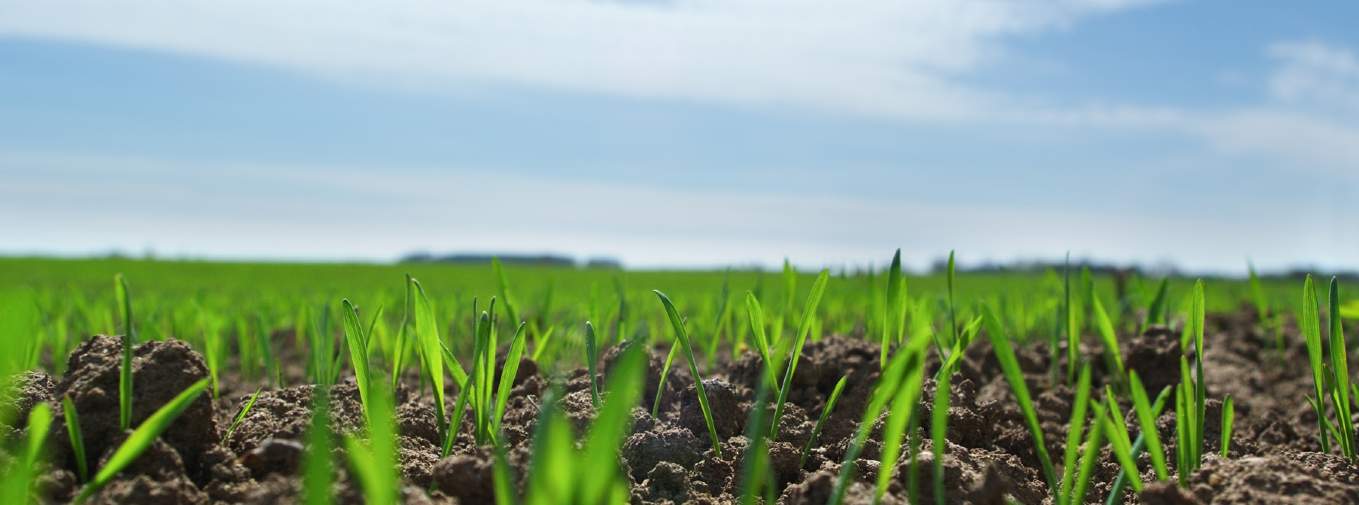Additionality is a common term used by economists to assess the effectiveness of policy intervention. And, in the context of new opportunities for farmers and land managers to be paid for providing offsets such as carbon sequestration or biodiversity, it’s a concept that has become increasingly prevalent in the rural sector.
Put simply, it means that the proposed activity will produce an additional benefit over and above the baseline, or an 'extra good'. But it is also about attribution. How confident can we be that it is the action itself that has brought about this added value? Working out additionality is reliant on assessing the baseline (what was in existence beforehand) and the result of the intervention, considering all other possible influences at the same time.
For example, when governments defined the rules around calculating national greenhouse gas inventories, additionality was a key attribute used to determine the validity of carbon offsets. Only activities that created a reduction in atmospheric carbon because of an action that was paid for by the purchaser of the offset could be traded as official offsets. These rules were needed to ensure both the quality of offsets and the integrity of offset markets.
A failure to prove additionality was the reason that ‘avoided deforestation’ (REDD+) carbon credits have received criticism recently, because it was not clear to what extent the forest areas receiving carbon offset payments were at risk of deforestation in the first place.
Further information

.jpg)

.jpg)
.jpg)
.jpg)




